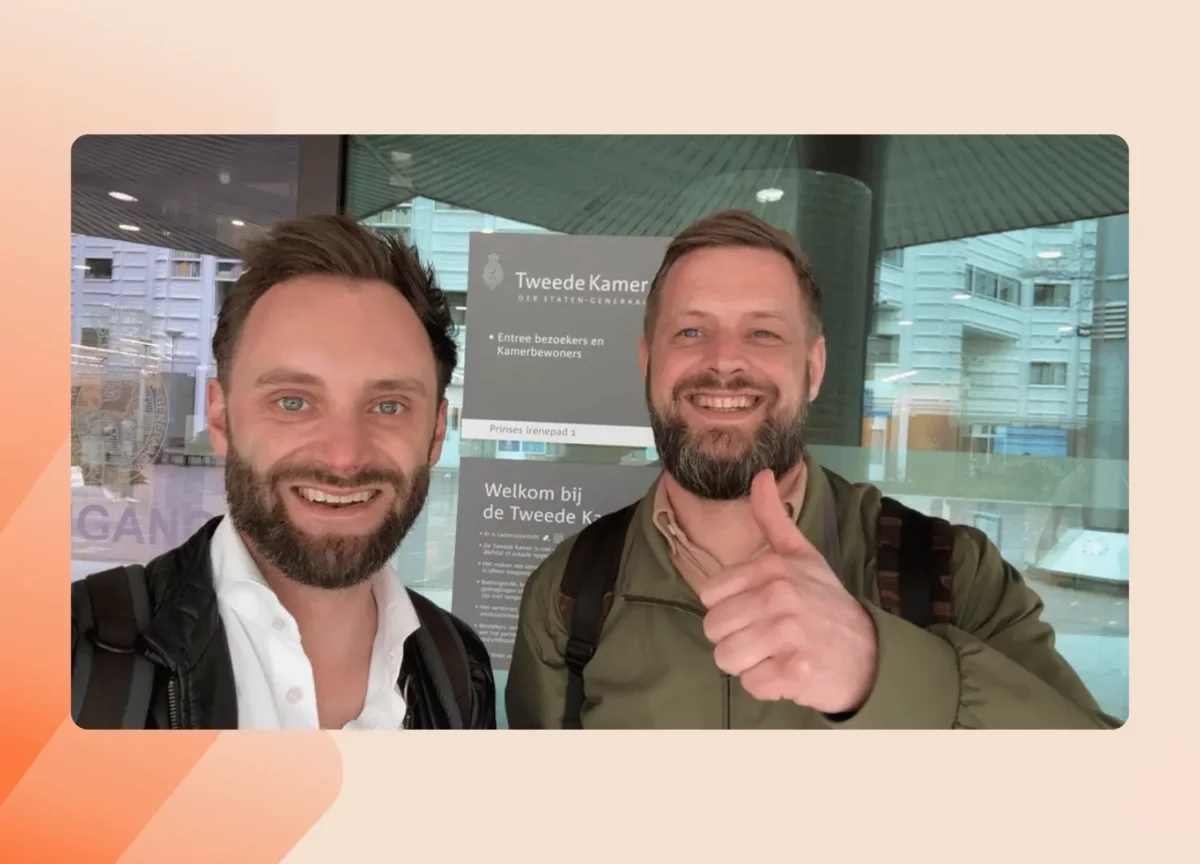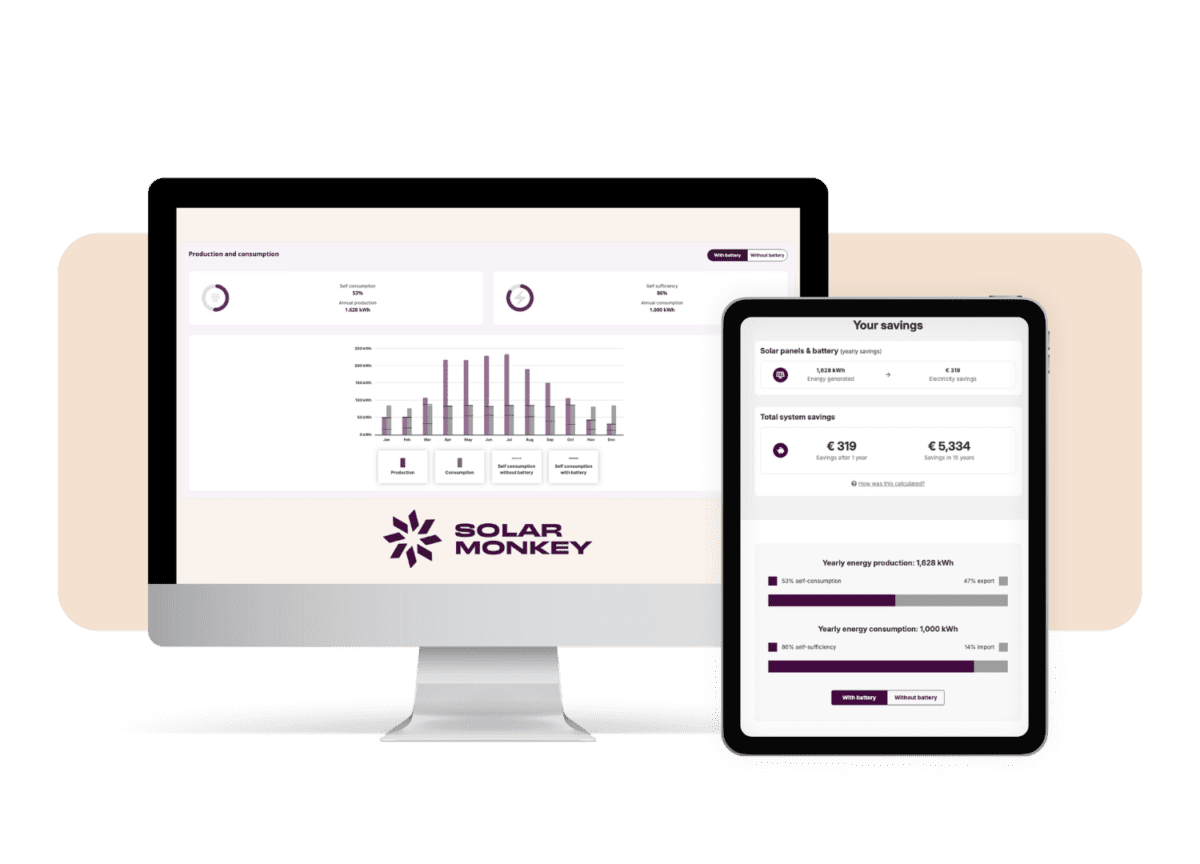In the bustling urban landscape of Amsterdam, a solar energy movement is gaining momentum, spearheaded by the innovative Zuiderlicht energy cooperative. Founded on June 14, 2014, Zuiderlicht embarked on a mission to transition the Amsterdam Metropolitan Area to sustainable energy within 15 years. This ambitious cooperative is not just dreaming big; it’s making significant strides towards its goal, project by project, roof by roof.
A community-driven approach to solar energy
Zuiderlicht’s journey began with a symbolic installation of solar panels on the roof of ASV Arsenal football club in Amsterdam South, setting the stage for a series of impactful projects. By partnering with members, roof owners, and local institutions, the cooperative has managed to bring solar energy to schools, sports clubs, homeowners’ associations, and even municipal buildings. In 2019, a landmark agreement with the municipality of Amsterdam catalysed the installation of solar panels on 15 municipal roofs, further solidifying Zuiderlicht’s role in the city’s green transition.
Solar panels for all: bridging the urban divide
One of Zuiderlicht’s most commendable achievements is its initiative to make solar energy accessible to all Amsterdam residents, regardless of whether they own a roof. In dense urban environments where shared or non-existent roofs are common, the cooperative creatively connects “roofless” residents with owners of large, underutilised roofs. This ingenious solution not only maximises the use of available space but also democratises access to clean energy.
Inclusivity at the heart of the energy transition
Zuiderlicht’s unique approach to financing and participation sets it apart. While most energy projects rely on the SDE scheme (subsidy for the Stimulation of Sustainable Energy Production and Climate Transition), Zuiderlicht ventures into territories uncharted by the conventional subsidy model, especially for projects with small-scale connections. Through the Cooperative Energy Generation Subsidy Scheme, the cooperative ensures that everyone can play a role in Amsterdam’s energy transition, offering options for both investment and consumption. This inclusive model means that even those without financial means to invest can still benefit from and contribute to the city’s shift towards sustainable energy.
Looking forward
With four collective solar projects, a portion of a wind turbine in Zeewolde, and several more initiatives in the pipeline, Zuiderlicht is not just an energy cooperative; it’s a beacon of hope and action in the face of climate challenges. As the cooperative aims for a clean energy future by 2028, its efforts are a testament to what can be achieved when a community unites for a common cause.
We invite you to share your thoughts on the Zuiderlicht energy collective and its approach to fostering a sustainable, inclusive energy transition in Amsterdam. How do you see such initiatives shaping the future of urban energy landscapes?



